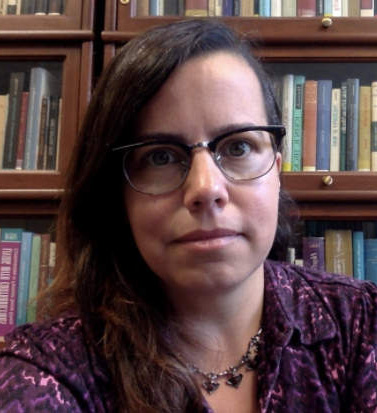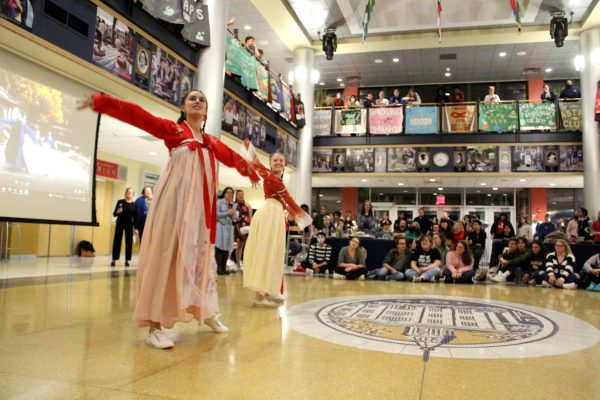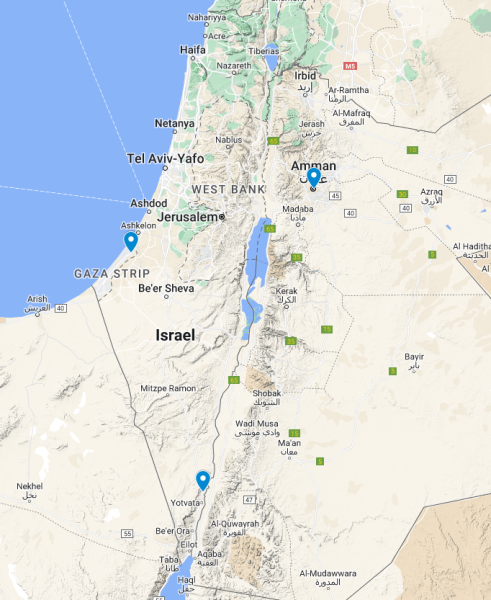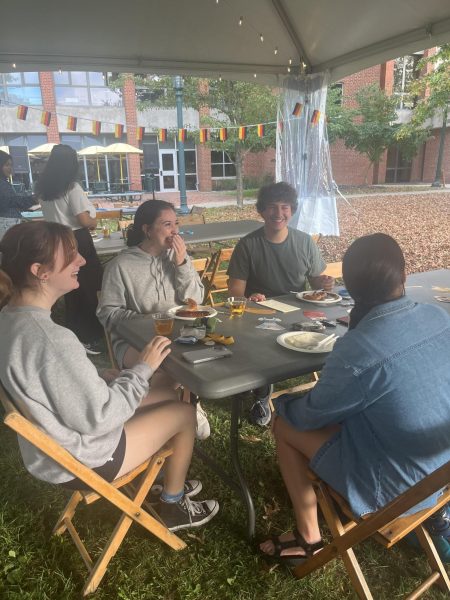College welcomes activist, scholar Irem Kurtsal
Professor discusses research and the violation of her academic freedom

Irem Kurtsal, Visiting Professor of Philosophy and Religious Studies
Visiting Scholar Irem Kurtsal is one of the newest additions to Allegheny’s Philosophy and Religious Studies Department. This spring semester she is on leave from her home institution, Bogazici University, a research university located on the European side of the Bosphorus Strait in Istanbul, Turkey.
A native of Istanbul, Kurtsal obtained her first philosophy degree from Bogazici University in July 1999. Prior to receiving her Master of Arts in Philosophy from Bogazici, Kurtsal attended Marmara University of Istanbul for her undergraduate studies. She met her husband, Mark Steen while they were both enrolled at Syracuse University in the Philosophy doctoral program, and later, both served on the faculty at Bogazici University as assistant professors of philosophy. While both Kurtsal and Steen will be on campus this spring, only Steen will be teaching classes. Steen is now also a member of Allegheny’s Philosophy and Religious Studies Department. Kurtsal will be active in varying projects both in and out of the classroom.
Kurtsal plans to work in collaboration with Shannan Mattiace, professor and chair of the Political Science Department and Joshua Searle-White, professor of psychology. The course taught by Dr. Mattiace, “Megacities,” examines “the urban form and citizenship in geographically and culturally diverse cities,” such as Istanbul, according to Mattiace. Last Monday, Kurtsal joined the class as a guest lecturer and spoke about her native city. She intends to serve as a guest lecturer again in another class period. Kurtsal also intends to join the discussion in the course led by Searle-White titled “Psychology of Nationalism” to speak about the current, hostile circumstances surrounding certain minorities in Turkey, especially the Kurdish population.
In addition to guest lecturing, Kurtsal is conducting research in collaboration with Grand Valley State University located in Grand Rapids, Michigan on interfaith dialogue and religion’s relationship with the science field. Her interest in improvisational acting led Kurtsal to pursue and obtain two roles in the Allegheny Student Experimental Theatre upcoming performance “Comedy of Errors.” “Comedy of Errors” will be presented in Arter Hall on March 3, and 4.
While my heart is still in Turkey, I am very thankful to be here [Allegheny] and the rigorous nature of this school is impressive.
— Irem Kurtsal
While Kurtsal does intend to continue conducting research while on leave from her home institution as a visiting scholar at Allegheny, the circumstances that prompted her to leave Turkey stem beyond her interests in ontology, interfaith dialogue, metaphysics and theater.
In January 2016, Turkish scholars, including Kurtsal, signed a petition condemning the Turkish government’s security operations, deportations and violence inflicted against Kurdish civilians and other peoples of southeast Turkey. The petition, known as the Peace Petition, was produced by the human rights group, “Academics for Peace.” The initial signatories of the Peace Petition included 1,128 scholars and professors from 89 universities in Turkey. All are now subjected to the threat of persecution by President Recep Tayyip Erdoğan, and the state of Turkey.
“Our lives changed overnight,” Kurtsal said.
Since the ongoing campaign was initiated by the Academics for Peace, and following the failed Turkish coup d’état of July 2016, as of January 2017, 4,592 academics have been persecuted, according to Academics for Peace. While the human rights group, Academics for Peace, and the signatories of the Peace Petition have no connection to the coup attempt in Turkey, according to Academics for Peace; Kurtsal, her fellow colleagues and academics throughout Turkey have been accused of “making propaganda for a terrorist organization,” presumably for the Kurdistan Workers’ Party.
“The thought is that the accusation will be downgraded to the lighter ‘demeaning the Turkish state,’”said Kurtsal.
The Academics for Peace petition was read at a press conference in Istanbul on Jan. 11, 2016. The four signatories who hosted the press conference over a year ago were jailed. Their sentence has been altered from “making terrorist propaganda” to “publicly denigrating the Turkish Nation and the State of the Turkish Republic” as listed in Article 301 of the Turkish Penal Code forbidding a citizen’s ability to insult Turkey or Turkish government institutions, according to Kurtsal. The outcome of the trial of these four signatories will likely reflect the outcomes of the investigations against Kurtsal and her colleagues.
Students at Allegheny College and undergraduate schools across the nation hold confidence in the notion that our academic institutions are unlikely to undergo means of censorship. On a multitude of occasions, student groups at Allegheny have put forth campus-wide movements and protests in response to controversial political and social issues, oftentimes advocating for the protection of human rights much like the advocacy conducted by Kurtsal.
“While my heart is still in Turkey, I am very thankful to be here [Allegheny] and the rigorous nature of this school is impressive,” Kurtsal said. Kurtsal, while her academic freedom has been violated, remains diligent in providing for students.
Correction: In an earlier version of this article, Irem Kurtsal’s name was incorrectly spelled. Updated Feb. 7, 2017, 11:40 p.m.
In an earlier version of this article, it was reported that “Comedy of Errors” would be performed in the Vukovich Center for Communication Arts. It will be performed in Arter Hall. Updated Feb. 7, 2017, 11:40 p.m.









tahina • Feb 23, 2017 at 7:06 am
It’s very interesting
Rosemary ryan • Feb 3, 2017 at 9:50 am
Excellent article. Explains the facts of a complicated situation.
Proud of you Maura.